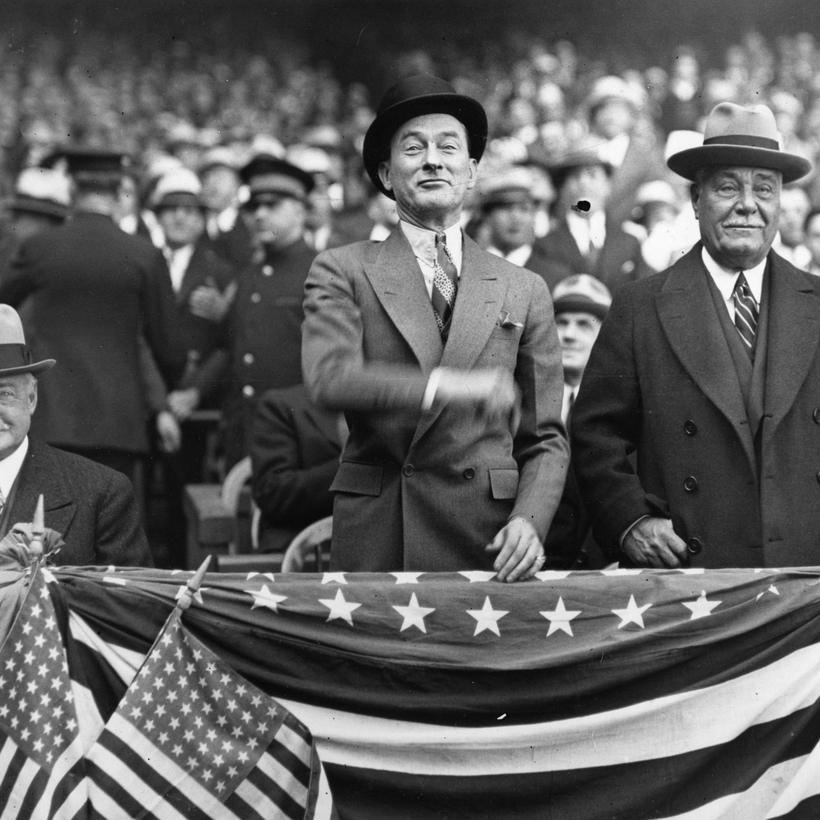Around midnight on November 4, 1928, a nattily dressed man sidled up to Jimmy Walker’s table at Joe Pani’s Woodmansten Inn, on Williamsbridge Road in the Bronx, and whispered a message in the mayor’s ear. Walker cradled his paramour, the actress Betty Compton, and hurriedly exited the roadhouse, stopping only to apologize privately for his abrupt departure to the bandleader Vincent Lopez. “Arnold Rothstein has just been shot, Vincent,” the mayor said. “That means trouble from here on.”
Exactly one year later, James J. Walker was re-elected as New York City’s 97th chief executive by a wider margin than any of his six predecessors were and by a bigger plurality than any of his successors would receive for 50 years. In a city where mayors, such as the incumbent, Eric Adams, are barely tolerated, Jimmy Walker was idolized.


